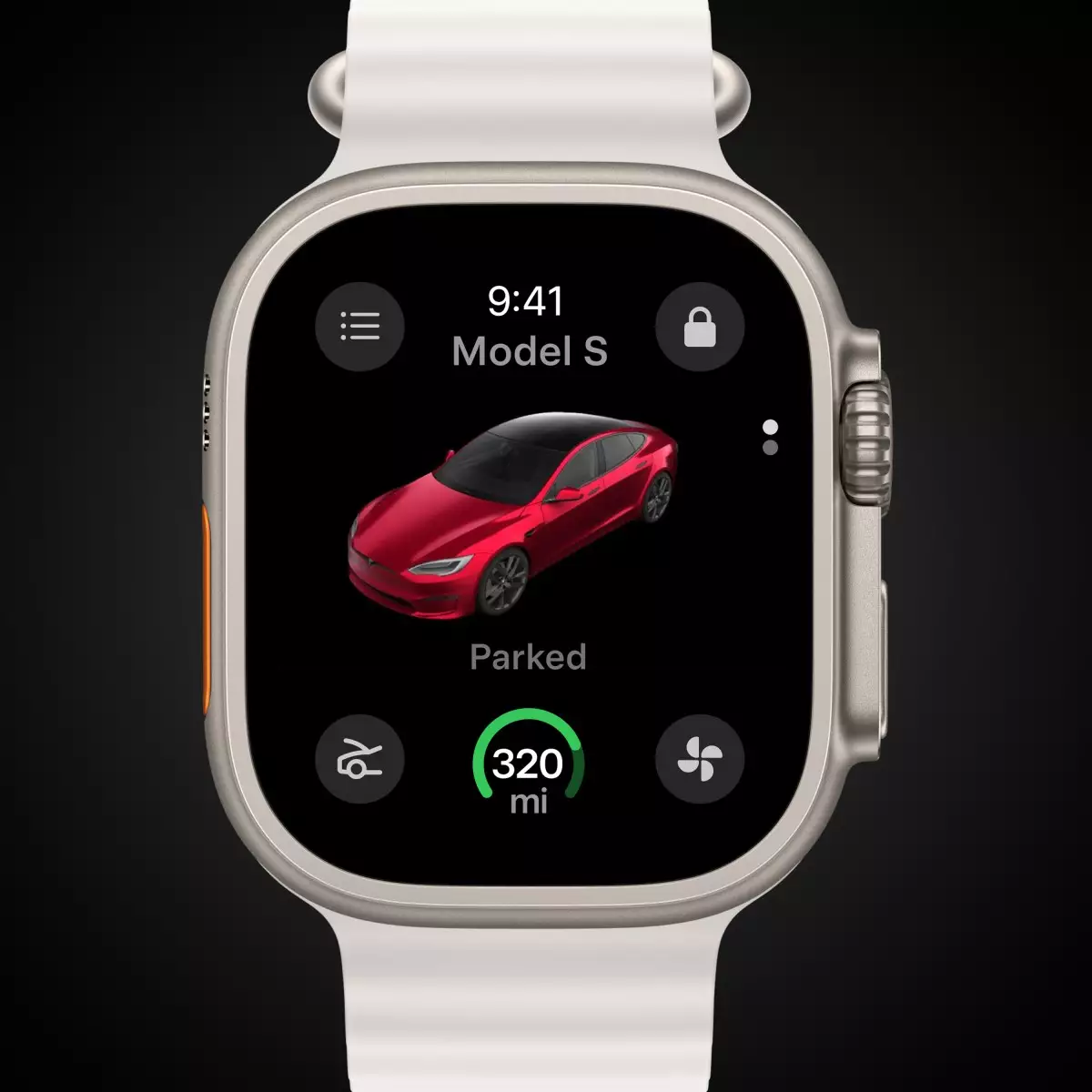The technological landscape is often at the mercy of geopolitical tensions, and it appears that Apple is currently in the eye of a storm created by President Trump’s tariff policies. Wedbush Securities analyst Dan Ives has issued a stark warning about the repercussions these tariffs could have on the tech giant, asserting that Apple’s extensive reliance on Chinese manufacturing places it squarely in the crosshairs of economic fallout. With approximately 90% of the iPhones manufactured and assembled in China, the implications are dire; any disruption in trade not only affects production but also poses a serious threat to the company’s long-term profitability. Ives’ drastic adjustment of Apple’s price target from $325 to $250 is a clear indication of the financial peril facing the company.
While Apple enthusiasts may argue that the brand’s loyalty will mitigate any potential losses, Ives sees it differently. The term “tariff economic Armageddon” encapsulates the sense of urgency and alarm felt in financial communities. It begs the question: Is Apple adequately prepared for such unforeseen turbulence? Critics may assert that Apple has been living in its own bubble, insulated by its sales prowess and strong brand image. However, crises such as these unveil the vulnerabilities of even the most powerful companies.
Tesla: Caught in the Crossfire of Politics
On the other side of the spectrum lies Tesla, facing not just economic challenges from tariffs but a complex political landscape largely shaped by CEO Elon Musk’s outspoken nature. Ives has lowered Tesla’s price target from $550 to $315, yet this reduction is more than a response to tariff concerns. Musk’s political affiliations and their reverberations on the company’s brand image are of increasing concern. Ives highlights how Tesla has morphed into a “political symbol globally,” and this status brings with it both opportunities and risks.
Could Musk’s affinity for controversial politics ultimately undercut Tesla’s sales, especially amidst escalating tension with traditional automakers and new entrants in the EV market like BYD? The statistics are alarming, with Tesla shares plummeting nearly 10% at one point, illustrating the direct correlation between Musk’s public persona and investor confidence. The phrase “read the room” resonates with a broader audience; it underscores the pressing need for business leaders to act responsibly and attune themselves to public sentiment, especially in tumultuous times.
The Broader Implications for the Tech Sector
Both Apple and Tesla exemplify a troubling reality facing many U.S. corporations: the intertwining of business and politics in an increasingly polarizing world. Tariffs and political affiliations no longer exist in silos; they are catalysts that instigate consumer behavior and investor confidence. As analysts and businesses navigate this complicated interplay, the landscape demands that companies reassess their strategies not just in terms of profitability, but also in alignment with evolving consumer expectations.
In a world seeking authenticity, the importance of a CEO’s political stance and its implications for corporate image cannot be underestimated. The era of detached capitalism seems to be waning; accountability, transparency, and leadership in times of uncertainty are becoming the new imperatives. As both Apple and Tesla wrestle with these challenges, the stakeholders involved must question whether their beloved brands can weather the storm or if change is necessary to adapt to an unpredictable future.

